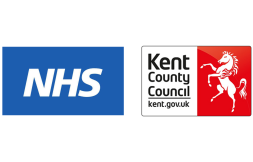Beware of the sun! Dermatologists share sunscreen tips as Europe copes with heatwave
As Europeans cope with a record heatwave suffocating much of the continent, the importance of sun protection cannot be overstated. Why should we be careful? How to choose and apply sunscreen properly? Euronews gathered a few tips from dermatologists. There is no such a thing as a healthy tan, dermatologists say. “A tan is actually […]
Beware of the sun! Dermatologists share sunscreen tips as Europe copes with heatwave Read More »
